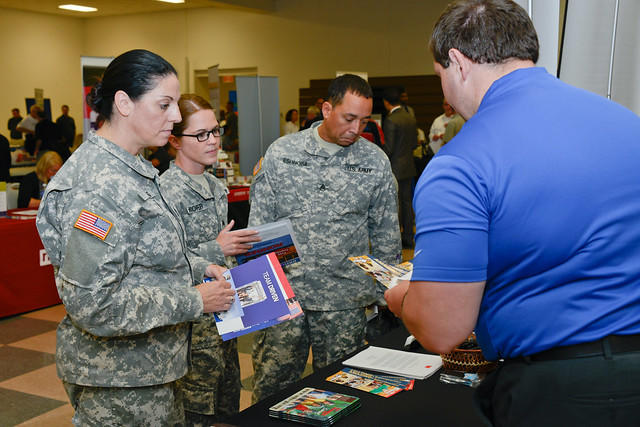In the military world, you've demonstrated your dedication, discipline, and resourcefulness. After military retirement though, you may need to find more work.
You should know the support you have: employees of transition assistance, employees of the personnel office, experts in relocation, counselors in education, and many others will assist you on your journey.
The critical decisions that must be taken can only be taken by you and your family. Consider finding a government job if you are retiring from the military. Read on to learn how you can discover a government job.

Verification and Career Assessment
Step one, verify yourself. Your Military Experience and Training Verification outlines your talents, skills, and experience and recommends similar job titles for civilians. Get yours on the Transition GPS website from the Department of Defense.
Get a job review or assessment. You have significant talents and abilities. Now, how do they apply for civilian employment? A career evaluation will point the way. Transition Centers for military installation will set you up at no cost with a test.
Federal Job Search
Find out which skills and education are correct for federal employment. Check for the Classification Criteria of the Office of Personnel Management and find positions that fit experience and knowledge.
You will find out how a federal job is equated with Rifleman / Combat: Security Specialist, Police Officer, Special Agent (a bachelor's degree is required).
Assess and Repeat
Translate your experience to the civilian background. You may not be identifiable to the civilian world by your military licenses or certifications.
To learn how to convert training and practice into skills, employers understand, browse the Credentialing Opportunities Online website of your service branch.
Narrow your search to a few job areas, review salary data and qualifications for conversational skills. Decide on the type of work you're willing to accept, the pay scale, and the venue. Adjust your goals or pursue new solutions if you're not making headway.
Highlight
Target top achievements. Get your fitness reports out and plan a list of your accomplishments. It is possible to add them to your resume so that you can stand out.
Accomplishments are impressive, exciting, and will help you get a Supervisor's best qualification and reference.
Networking
Of all job search tools, networking is one of the most powerful. During your time in the service, you've made a lot of great contacts.
The correct time to start putting them to work is to transition. Get in contact with fellow veterans and colleagues. Anyway, it's just a good idea to re-establish friendships as you adjust.
Also read: How to Find Government Jobs After Military Retirement
Take Advantages of Your Status
Many groups are committed to trying to find a decent career for veterans. On sites such as VA4Vets, veterans can set up LinkedIn and other networking accounts.
Attach your job experience, qualifications, expertise, and goals. Then research government workers employed in departments that are of interest to you!
Try Out USAJOBS

Take a moment to get acquainted with the latest USAJOBS. There was a time when USAJOBS depended heavily on KSA questionnaire exams, but USAJOBS was overhauled.
Apply to USAJOBS for Jobs. The new system relies heavily on your resume and cover letter, so you just have to concentrate on keeping the two up-to-date in the design and keep applying.
Conclusion
Not many individuals have your demonstrated work ethic and determination. Finding the right work, like anything, is a matter of being prepared and doing the work.
You know how you can make it happen. And, there are plenty of people and services who want to provide you with assistance.




















